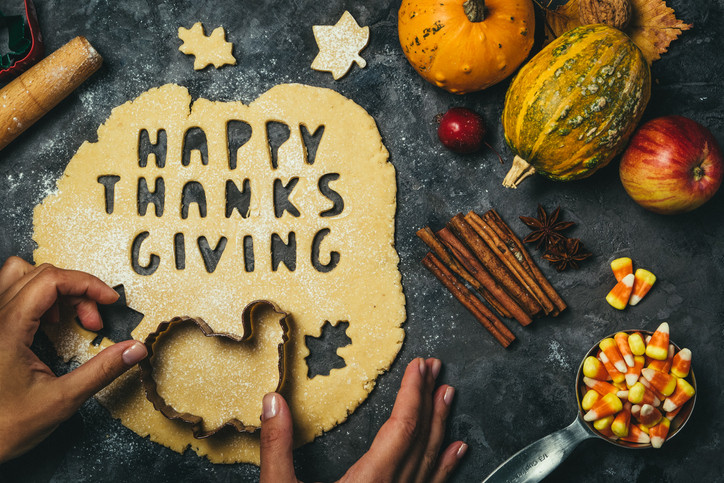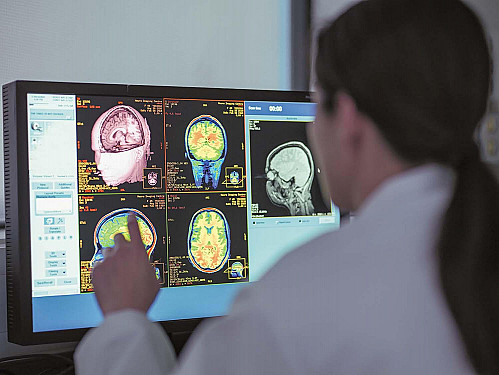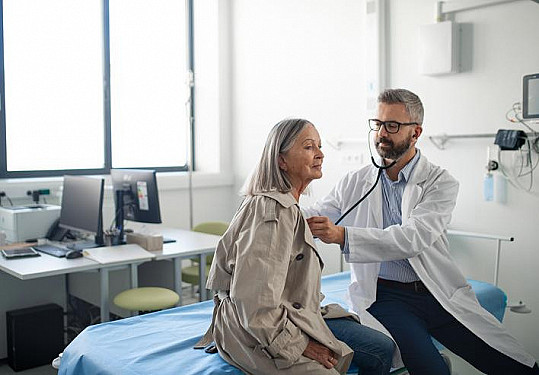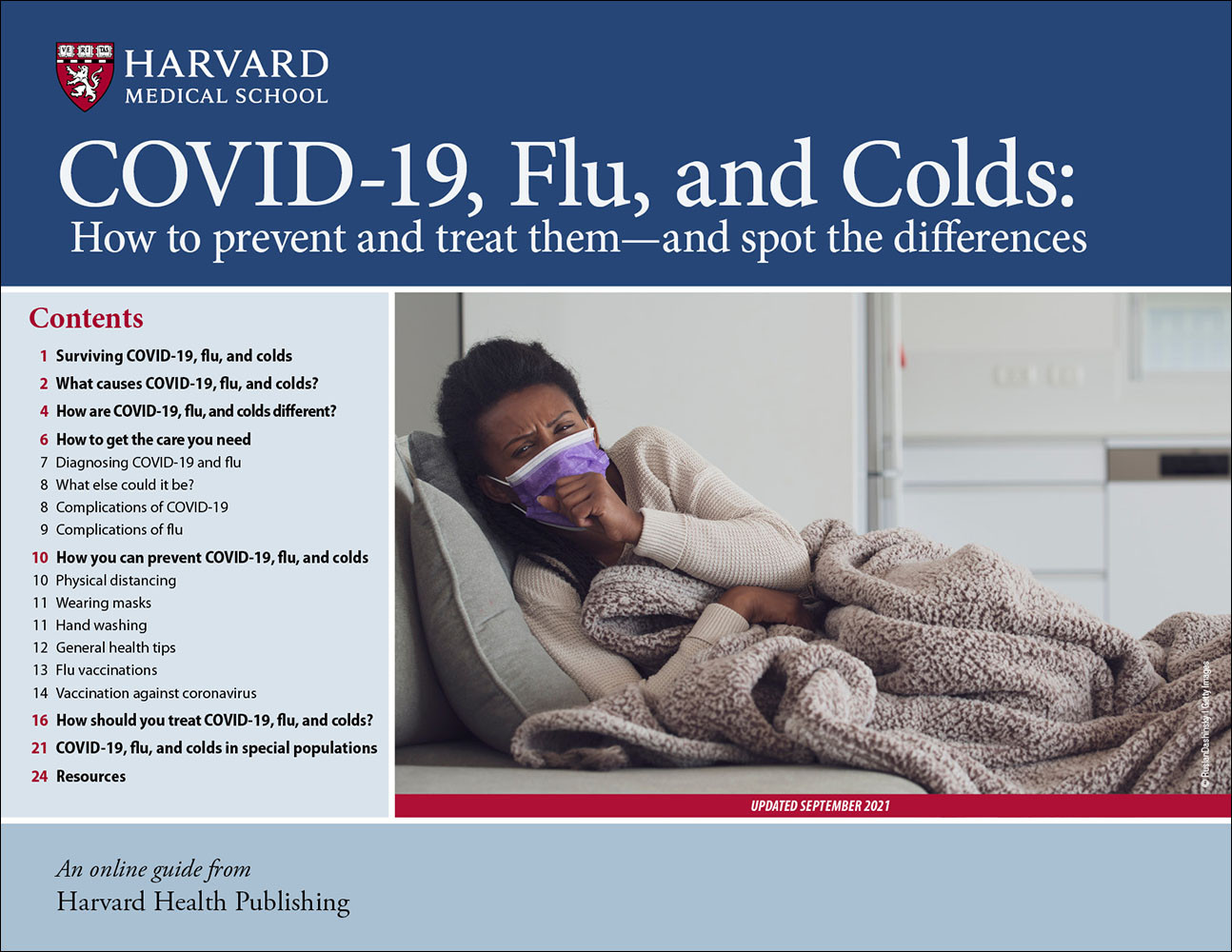Keeping your family safe this Thanksgiving

So much is different and hard during this pandemic — including planning for the holidays.
It’s understandable to want to gather with friends and family. We are all so worn out by the COVID-19 pandemic, and need some cheering up. And most of us have friends and family that we haven’t been able to really spend time with — or haven’t seen at all — for months.
But gathering with friends and family can bring real risks during the pandemic, especially with cases rising all over the country. All it takes is one sick person — who may not even realize that they are sick — to infect others and spread the virus even more.
The best thing to do, honestly, is to celebrate the holiday with just the people you live with, and to skip in-person sporting (or other) events, or in-person Black Friday shopping. That’s truly the best way to keep everyone safe. Just hunker down, check in virtually, and make plans for next year, when things will hopefully be much better.
Still planning to gather for Thanksgiving?
While experts advise skipping gatherings this Thanksgiving, here are some recommendations to help limit risks for people who plan to celebrate the holiday with others.
Plans to make beforehand
- Travel safely if you are traveling. The safest way is by car with just the people you live with, but if that requires an overnight stay somewhere, a direct flight is likely safer. If you do fly, look for flights that space people apart, wear a mask, and bring hand sanitizer and wipes.
- Keep the numbers low. This is just not the year for a big family gathering.
- Keep the party short. This is not the year for a long family gathering either.
- Agree on “no symptoms” and “no exposure.” Make sure that everyone understands that anyone who has any symptoms of COVID-19, or has been exposed to someone with the virus, cannot come. That needs to be non-negotiable.
- Agree to socialize outside if possible. If you have to be inside, do everything you can to improve ventilation, like opening windows (but understand that this is not as safe as being outside).
Seating and food
- Arrange seating so that there is at least six feet between family members who don’t live together.
- Be mindful of risks as you plan the meal:
- Ideally, everyone should bring their own food and not share.
- If some people will be cooking, ask them to wear gloves and masks. And limit the people involved in preparing shared food.
- No buffets this year. Think pre-served plates of food that people can grab and bring to their seat.
- If you are serving food, have one person wearing a mask and gloves do all the serving.
- Try to use single servings of condiments (like packets of salt and pepper) so that people are not all touching the same container.
- Use disposable plates, cutlery, and cooking ware, when possible.
- Use touchless garbage cans or pails.
Masks, physical contact, and sanitizing hands and surfaces
- Wear masks when you aren’t eating and when you cannot be six feet apart. I know this feels weird and hard at a family gathering, but it’s crucial.
- No hugs or other physical contact between people who don’t live together. Even elbow bumps are not a good idea. Not this year.
- Everyone should wash their hands often. Have hand sanitizer available.
- Wipe down surfaces regularly (keep wipes in the bathroom, for example).
Finally, don’t go to any crowded sporting events or shopping venues. Again: not the year for that. It’s just not worth the risk.
For more information on keeping your family safe this holiday season, visit the website of the Centers for Disease Control and Prevention or the Harvard Health Publishing Coronavirus Resource Center.
Follow me on Twitter @drClaire
About the Author

Claire McCarthy, MD, Former Senior Faculty Editor, Harvard Health Publishing
Disclaimer:
As a service to our readers, Harvard Health Publishing provides access to our library of archived content. Please note the date of last review or update on all articles.
No content on this site, regardless of date, should ever be used as a substitute for direct medical advice from your doctor or other qualified clinician.
















